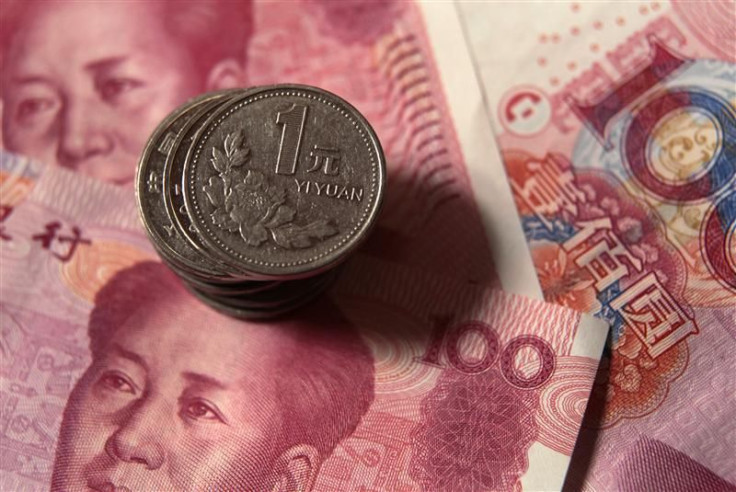China's Manufacturing Activity Falls In June: HSBC PMI?

China's manufacturing activity fell in June compared to that in May and continued to contract for the eighth straight month, according to the preliminary HSBC Flash Purchasing Managers Index (PMI) released Thursday.
The preliminary reading of the PMI, a measure of the nation-wide manufacturing activity, fell to 48.1 in June compared to 48.4 in May, raising concerns about the weak global demand and diminishing real estate investment in the world's second largest economy.
The sharp fall of prices and moderation of new orders suggest weak domestic demand, posing destocking pressures for Chinese manufacturers. All will likely weigh on the jobs market, Hongbin Qu, chief economist, China & Co-Head of Asian Economic Research at HSBC, said in a note.
Since the reading is below 50, the index continues to remain in the area of contraction. The fall in the reading would increase fears of the likelihood of a sharp slowdown in the economy.
There have been fears of a hard landing after data showed in April that China's economy slowed down to 8.1 percent in the first quarter, down from 8.9 percent in the fourth quarter of 2011. Beijing is targeting a growth rate of 7.5 percent this year.
Beijing's goal this year will be to promote a steady and robust economic development, keep prices stable and guard against financial risks by keeping money and credit supplies at appropriate levels while being cautious and flexible. China's investment-driven economic model, though successful for decades, is no longer seen as sustainable with the consensus being that reforms will be needed to prevent a sudden downturn.
The softening of manufacturing activities in June is a reflection of the deteriorating export situation, which calls for more aggressive policy easing. The continuing debt crisis in Europe and the tentative U.S. recovery have hurt demand for exports, the key driver of China's economy.
In May, China cut the cash reserves ratio of its banks by 50 basis points in a bid to spur lending to small businesses. This easing in the monetary policy is seen as a much-needed thrust to boost liquidity in the financial system and help the economy regain its growth momentum.
Also read: Asian Stocks Fall On Fed's Moderate Stimulus Measure, Weak China Data
© Copyright IBTimes 2024. All rights reserved.





















